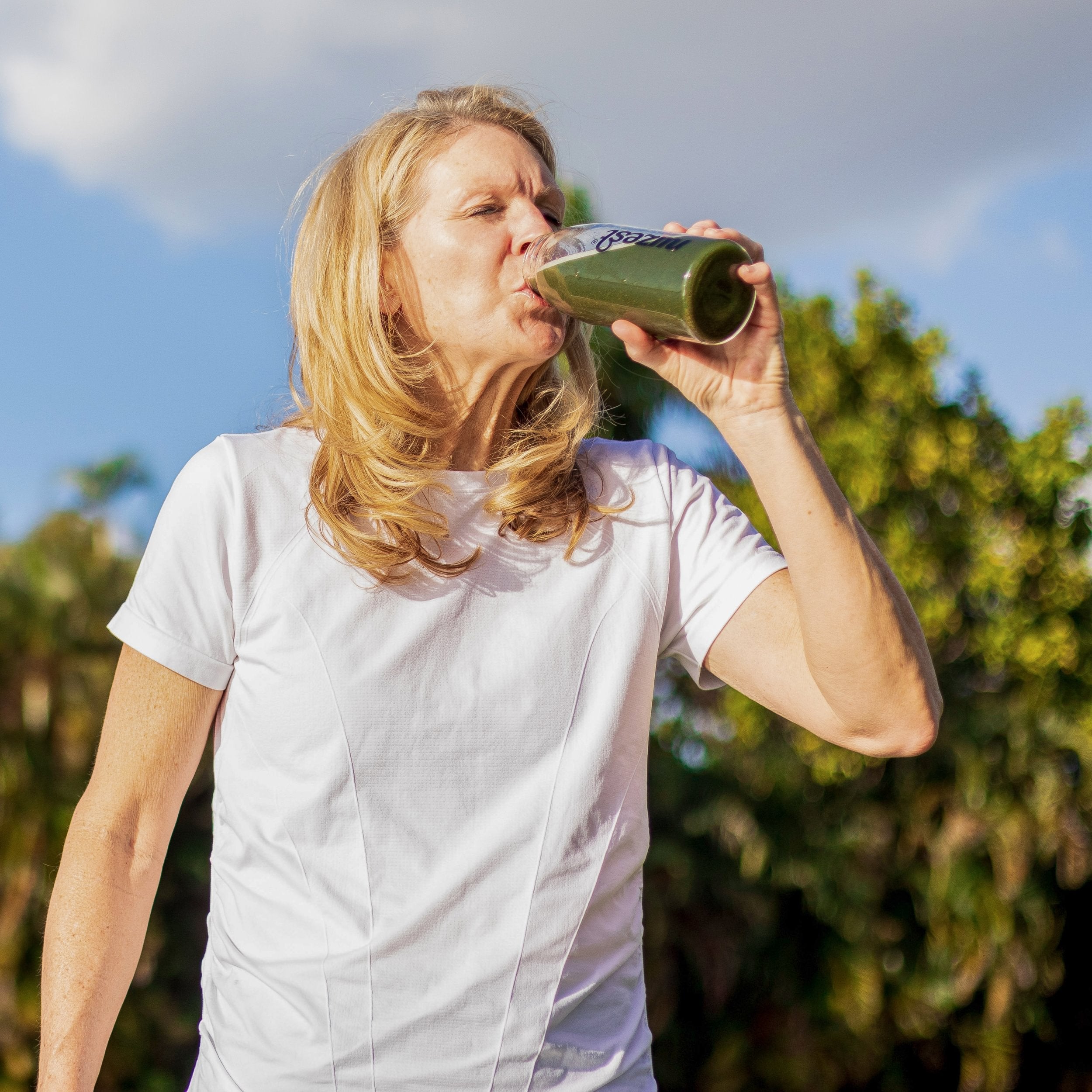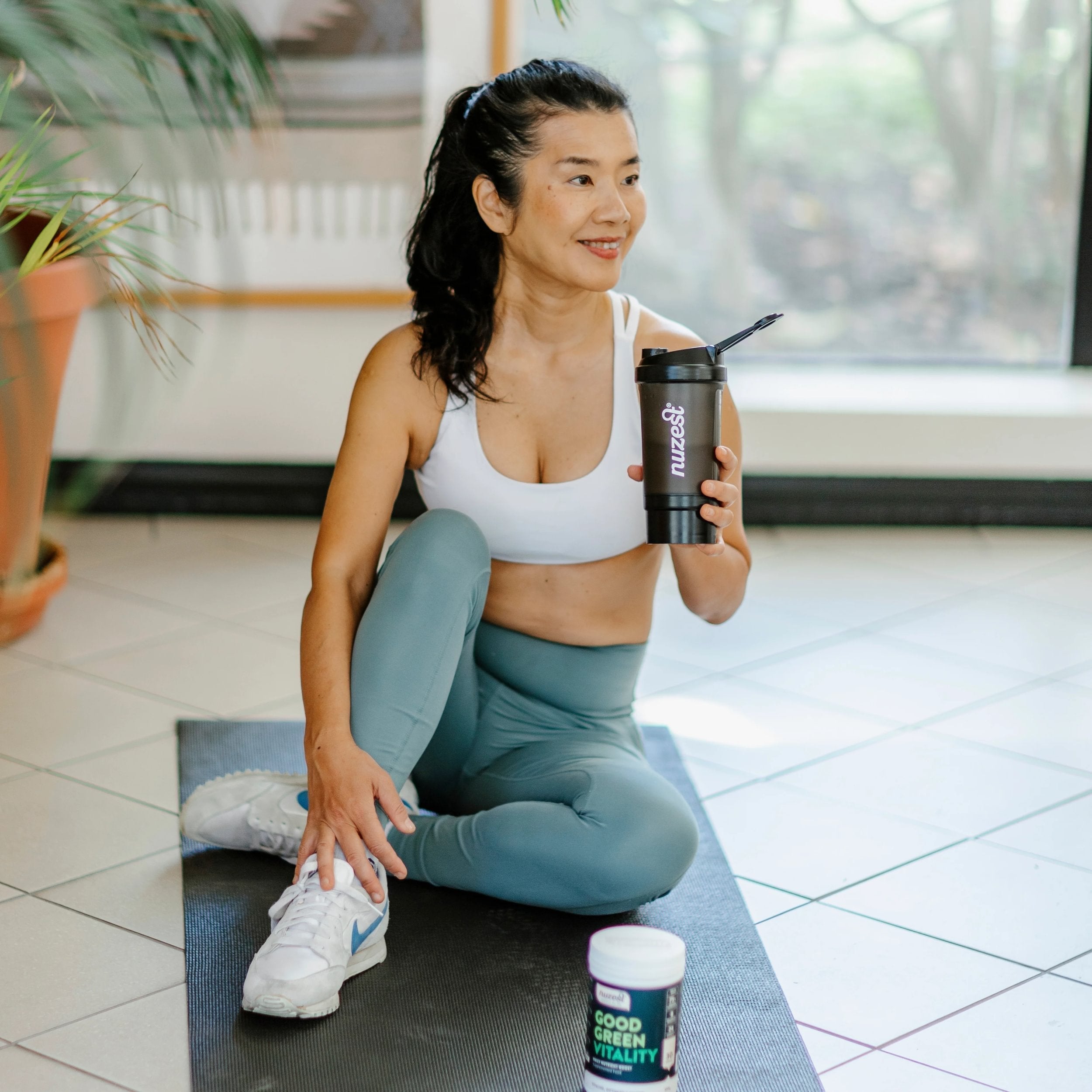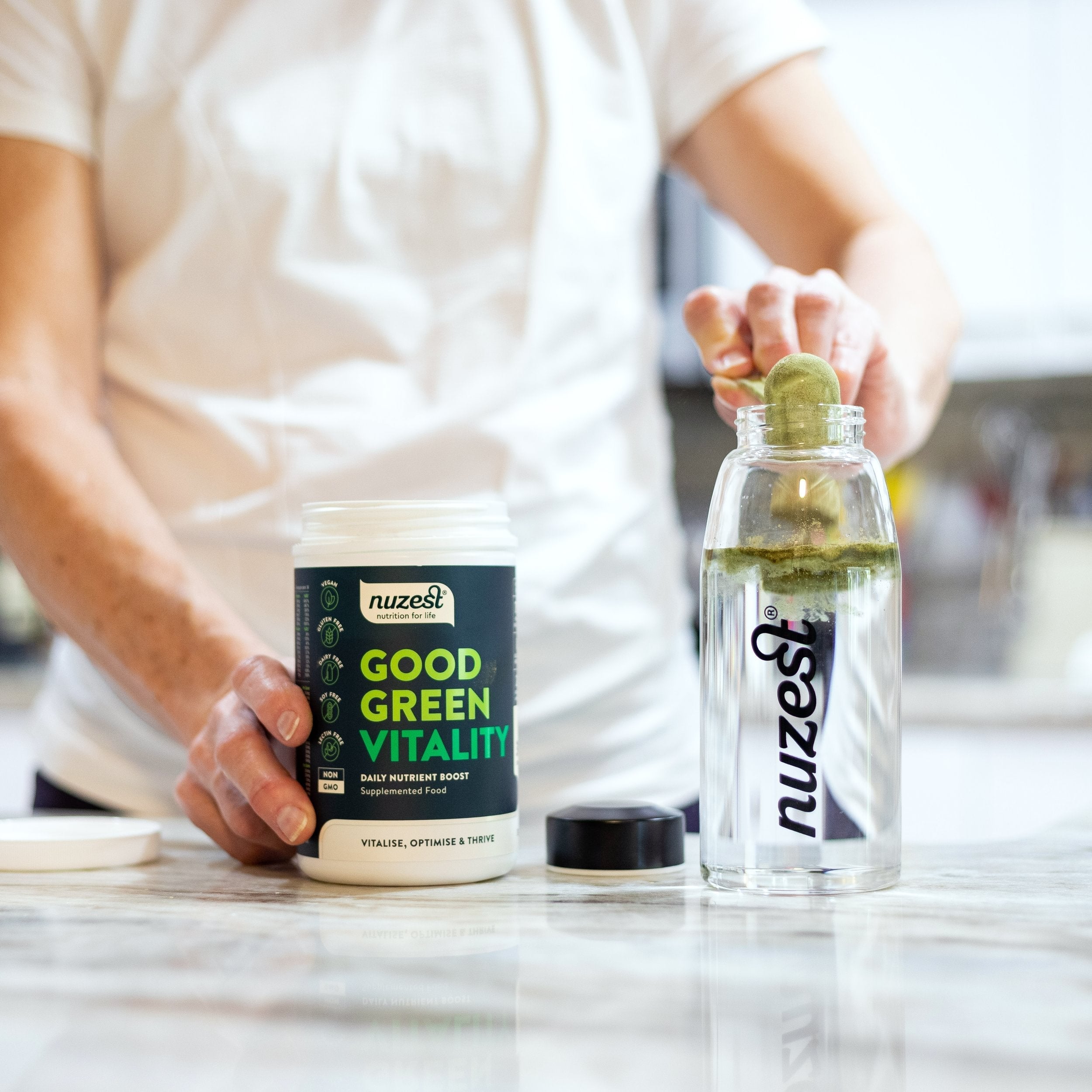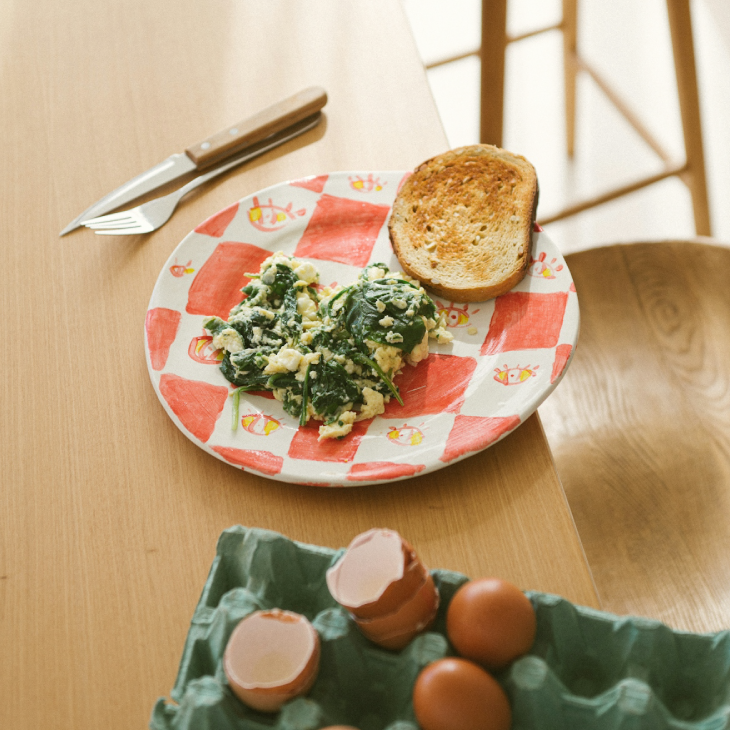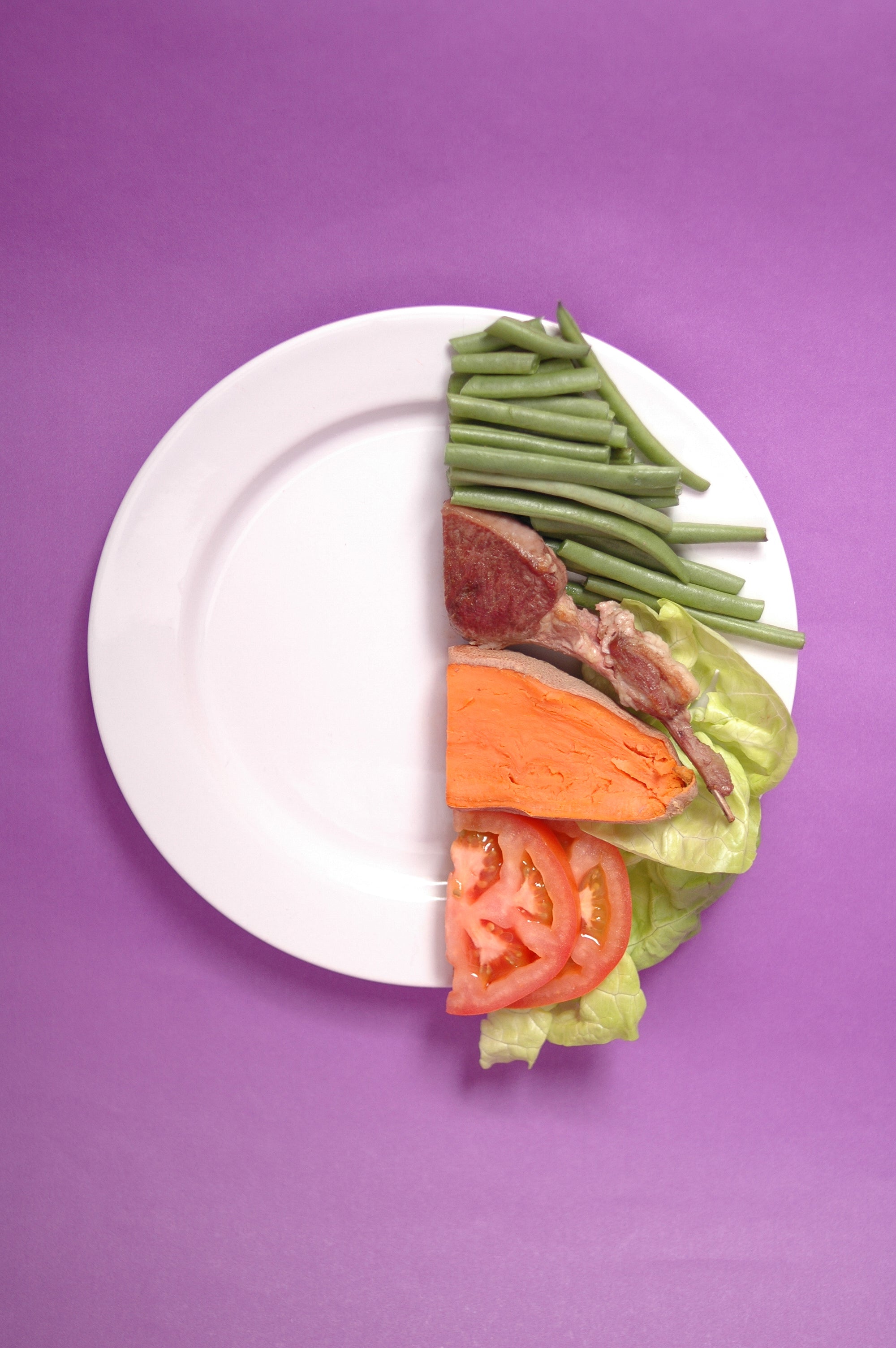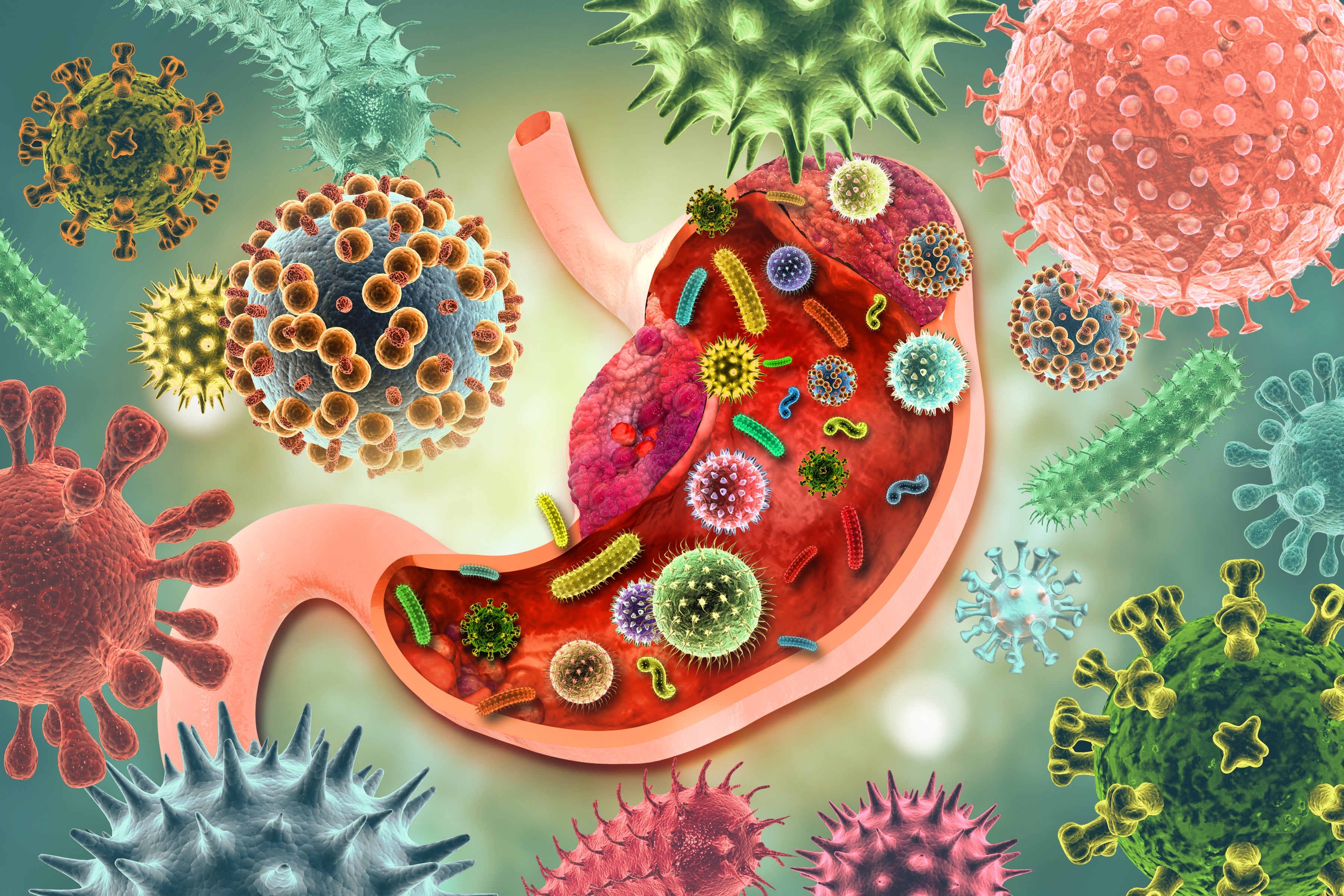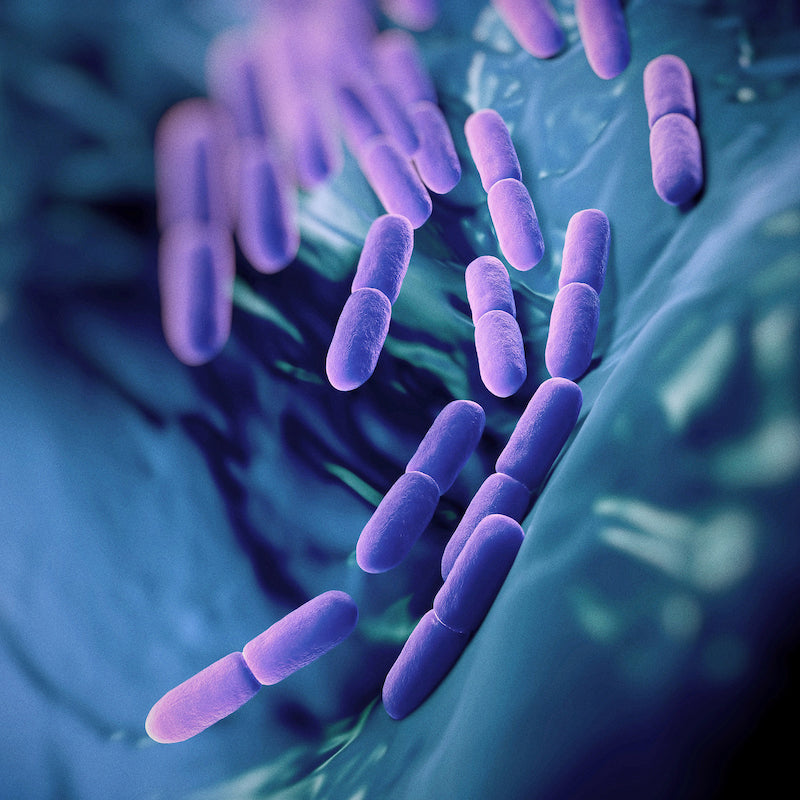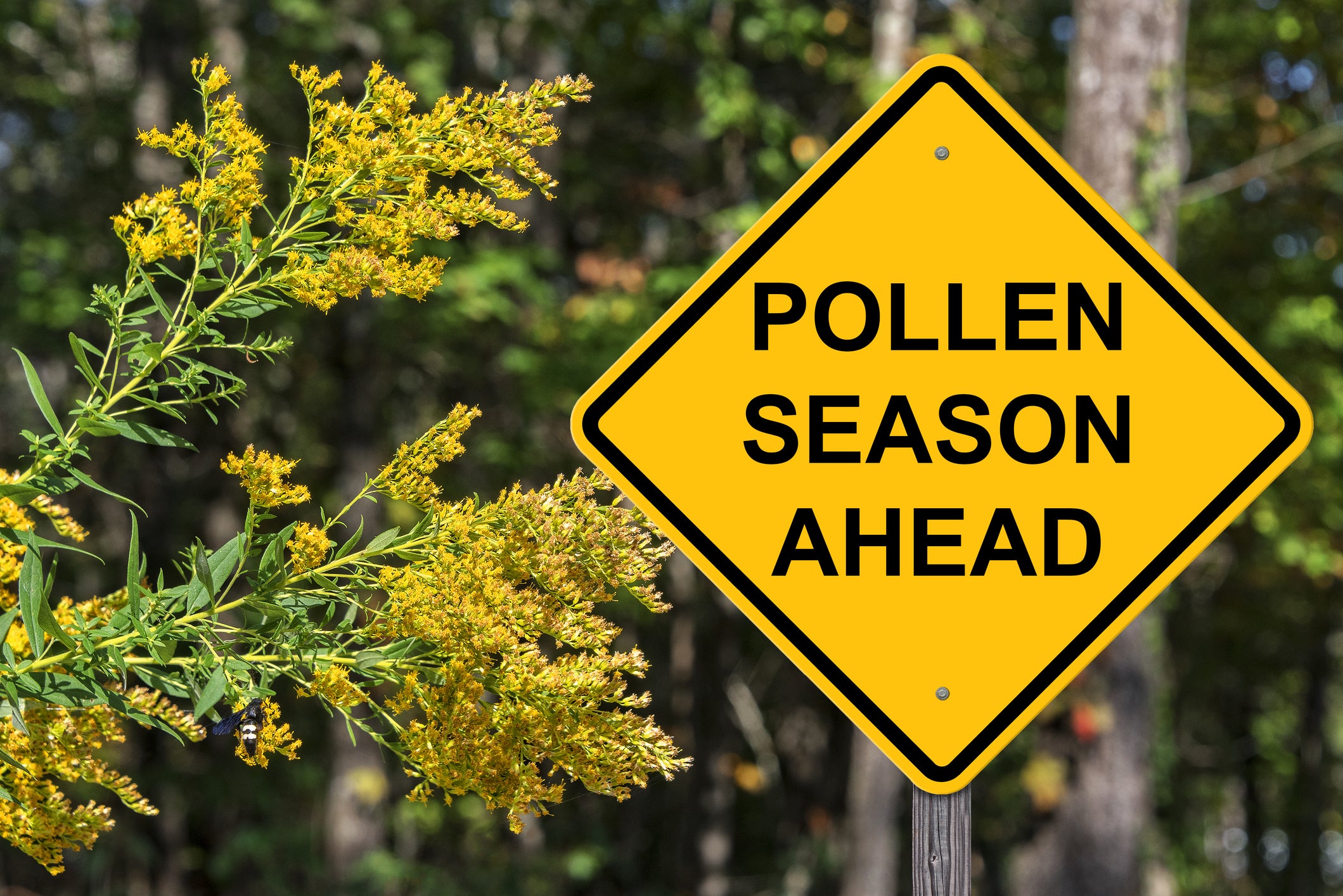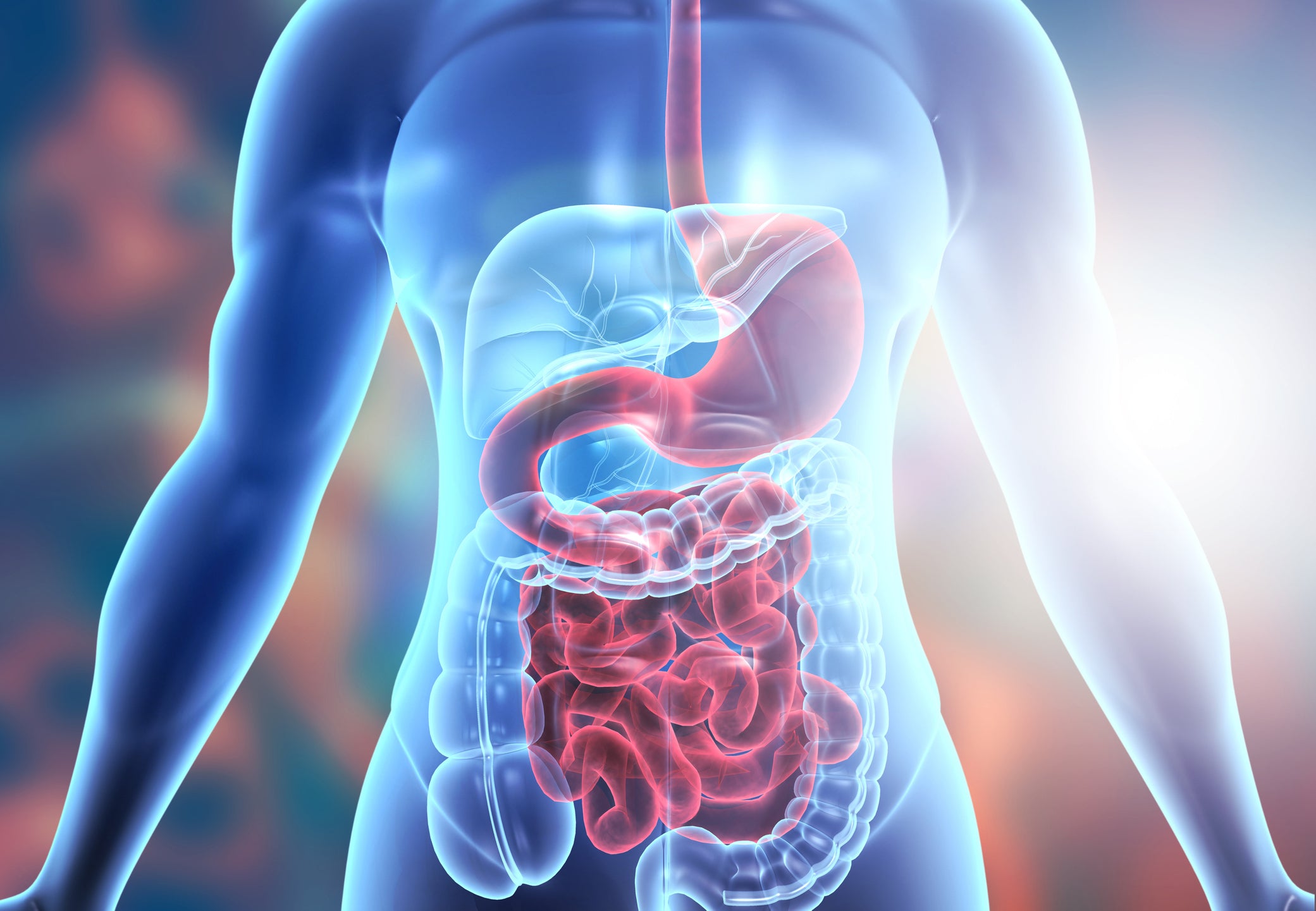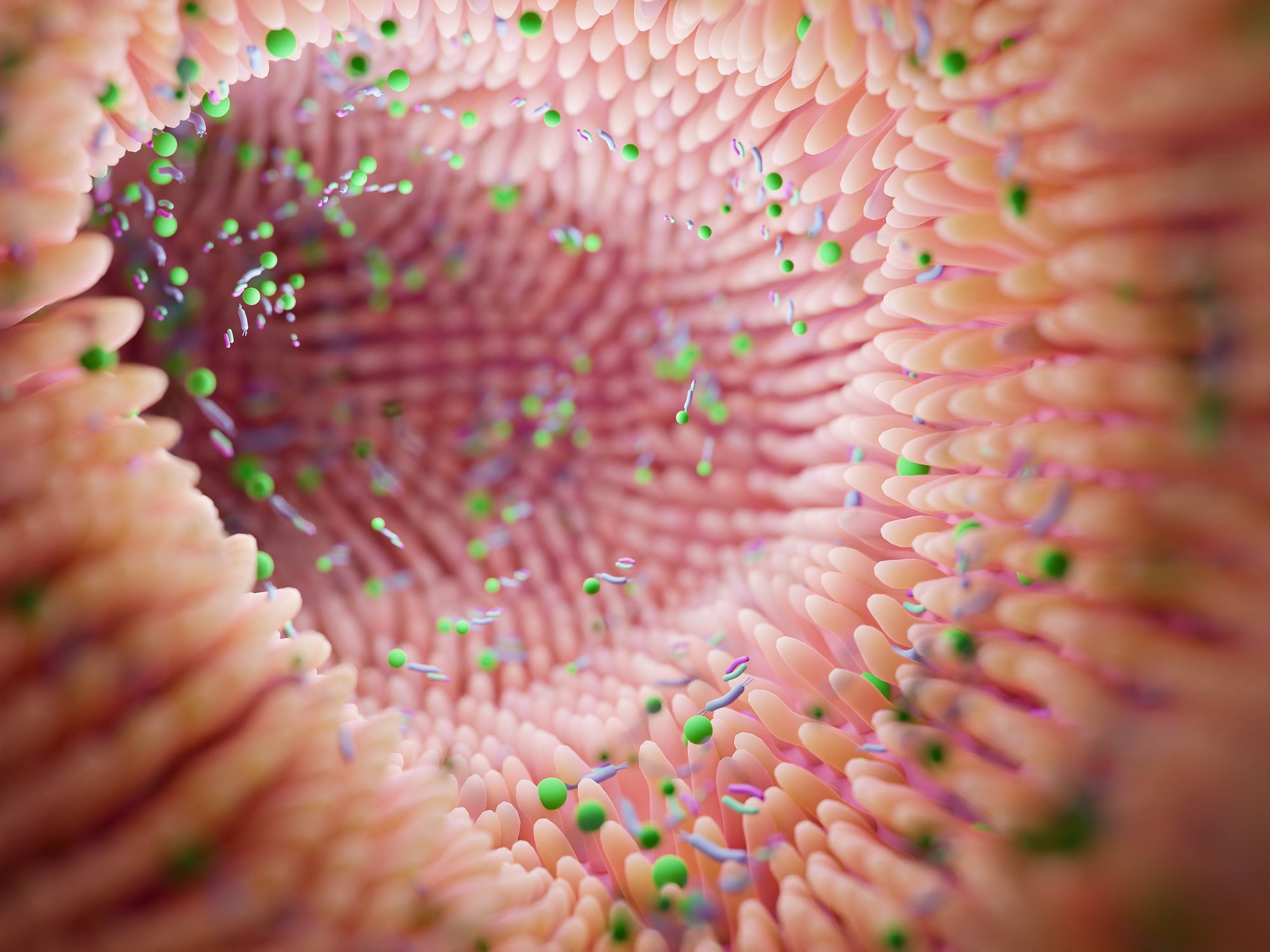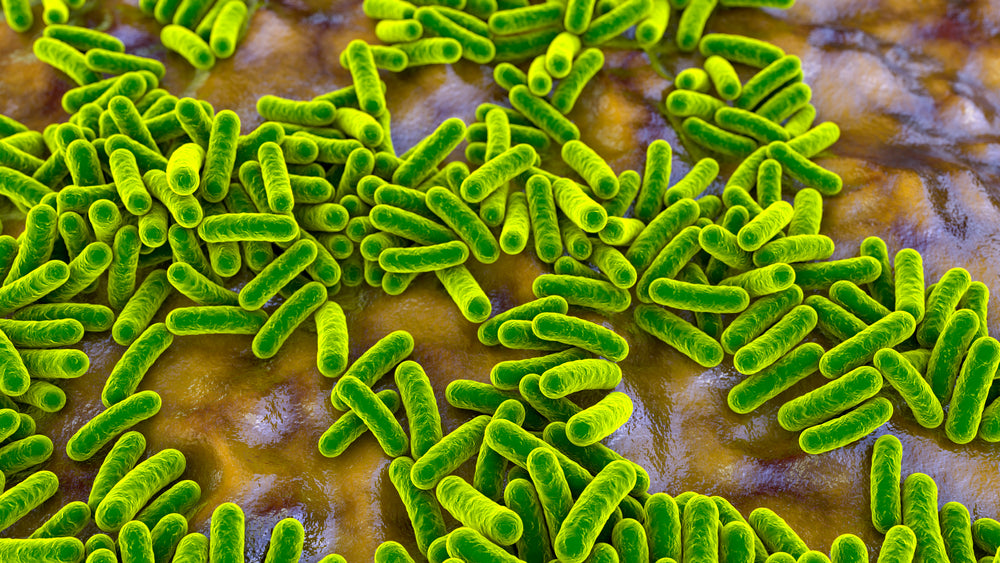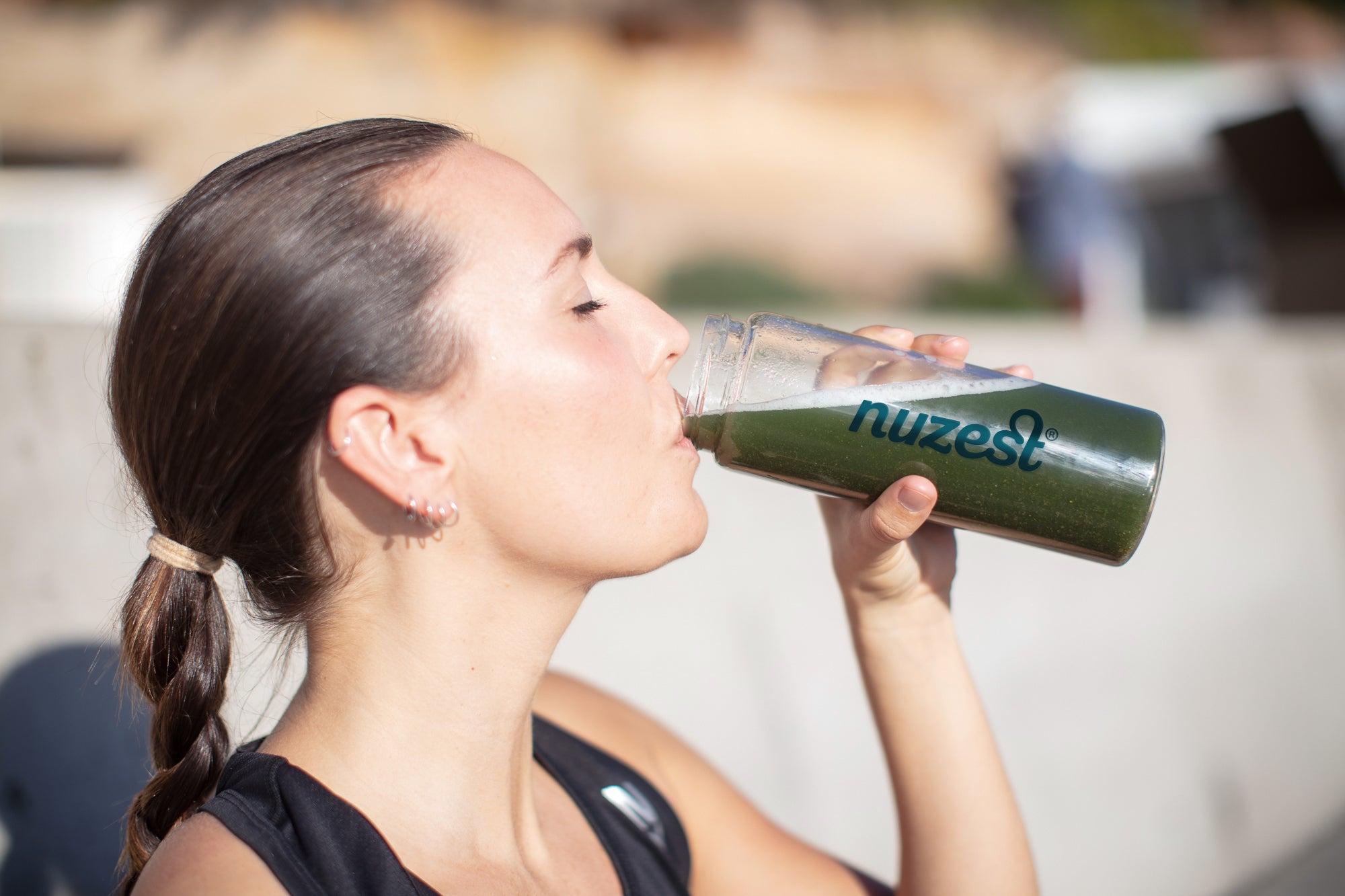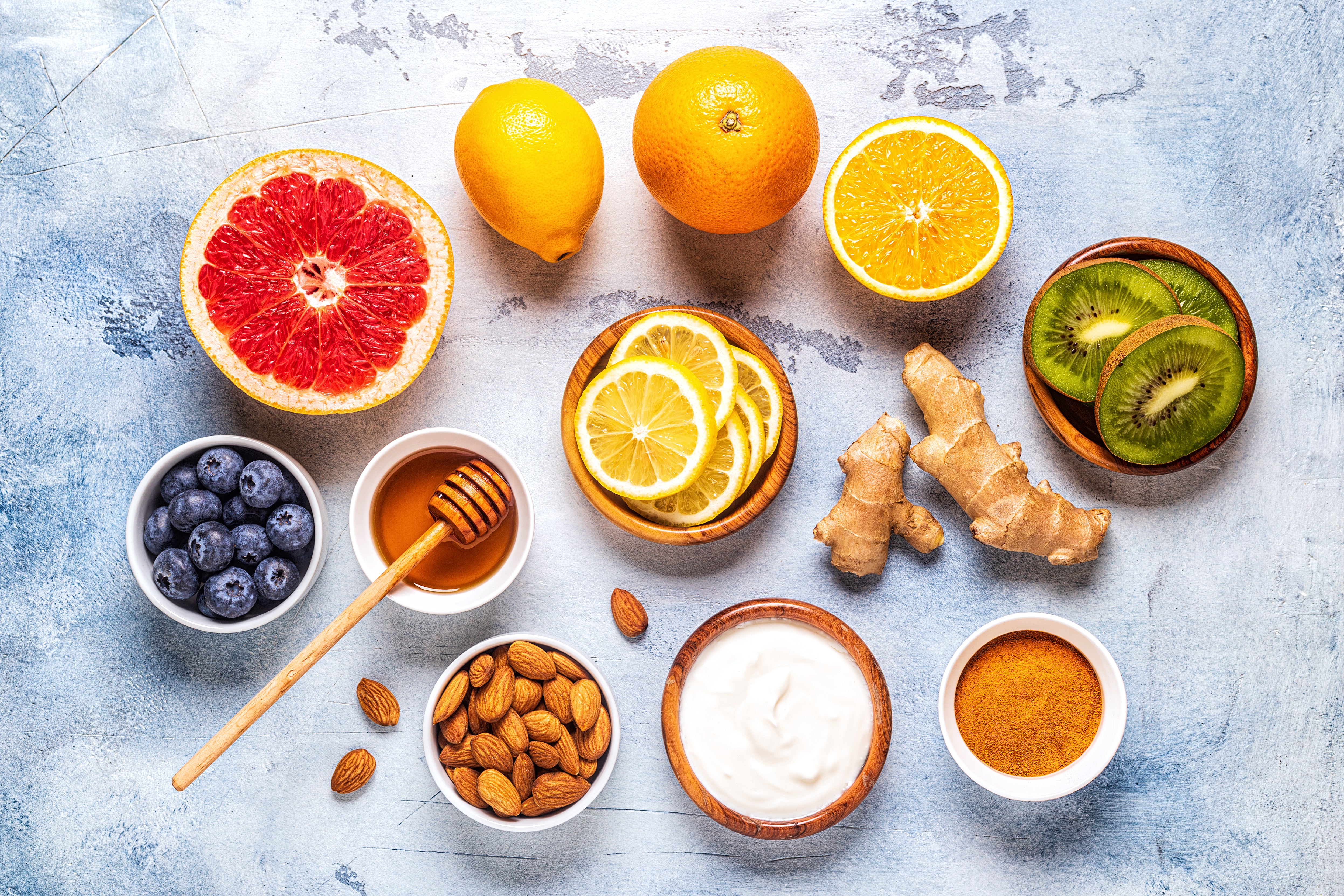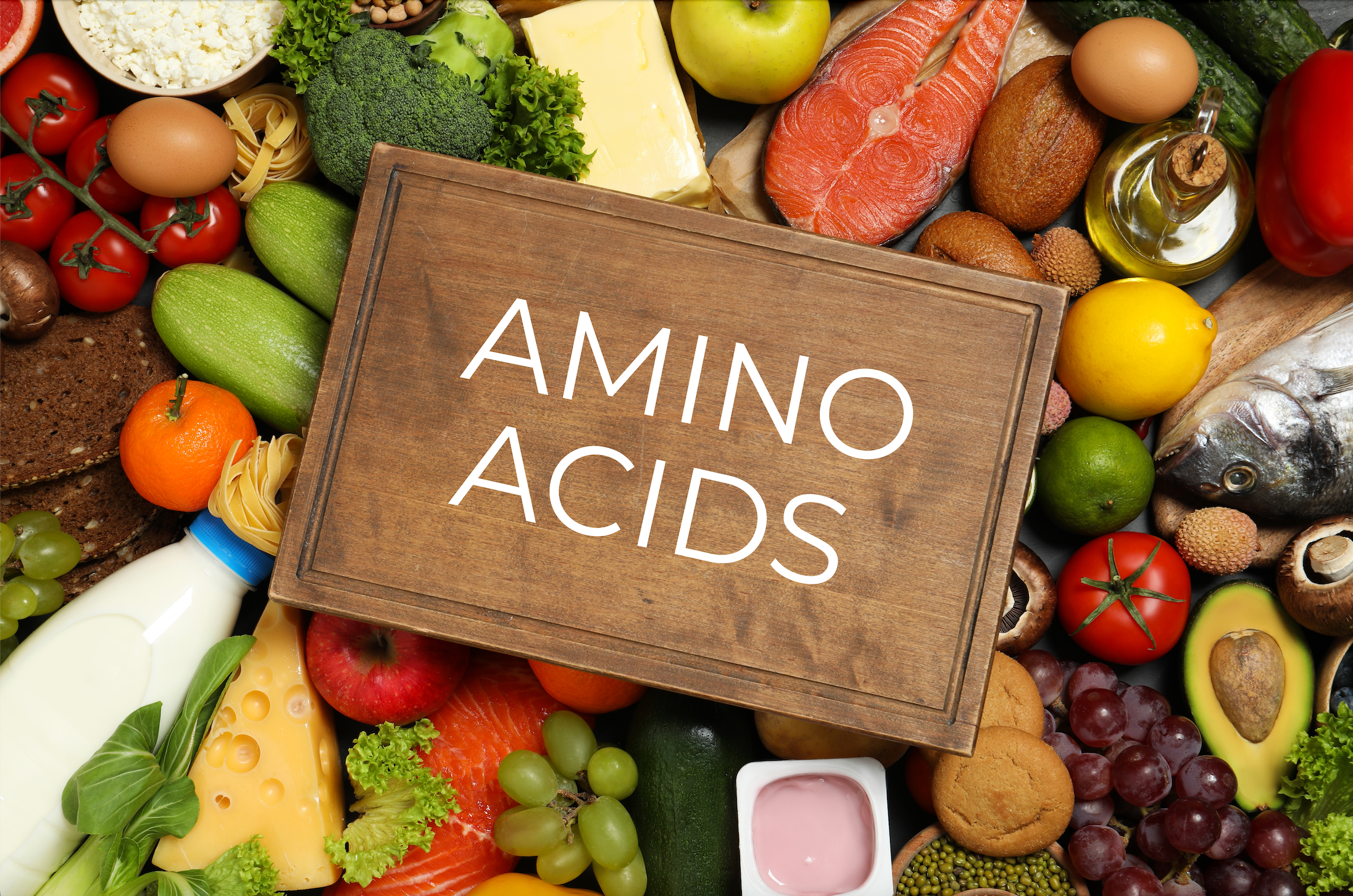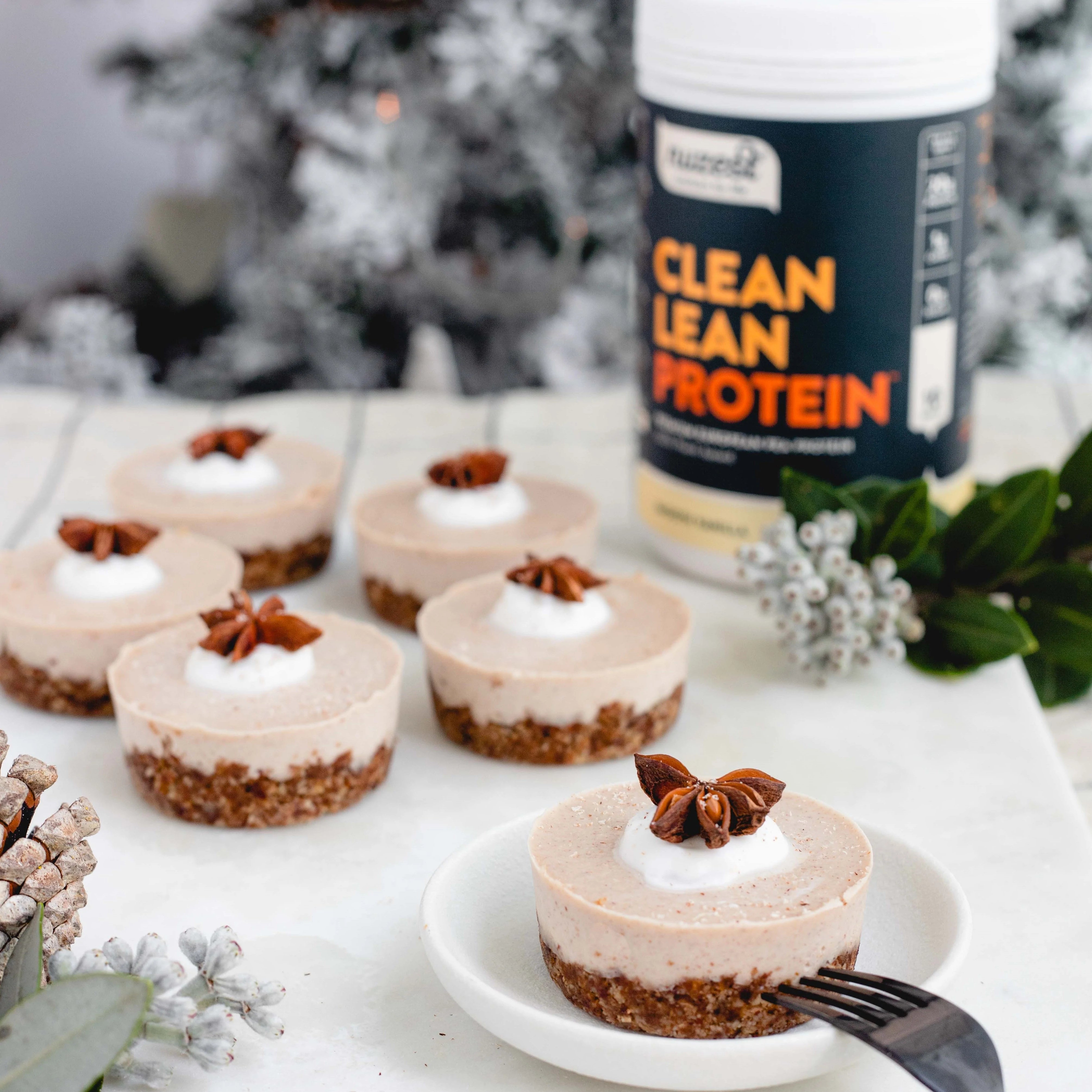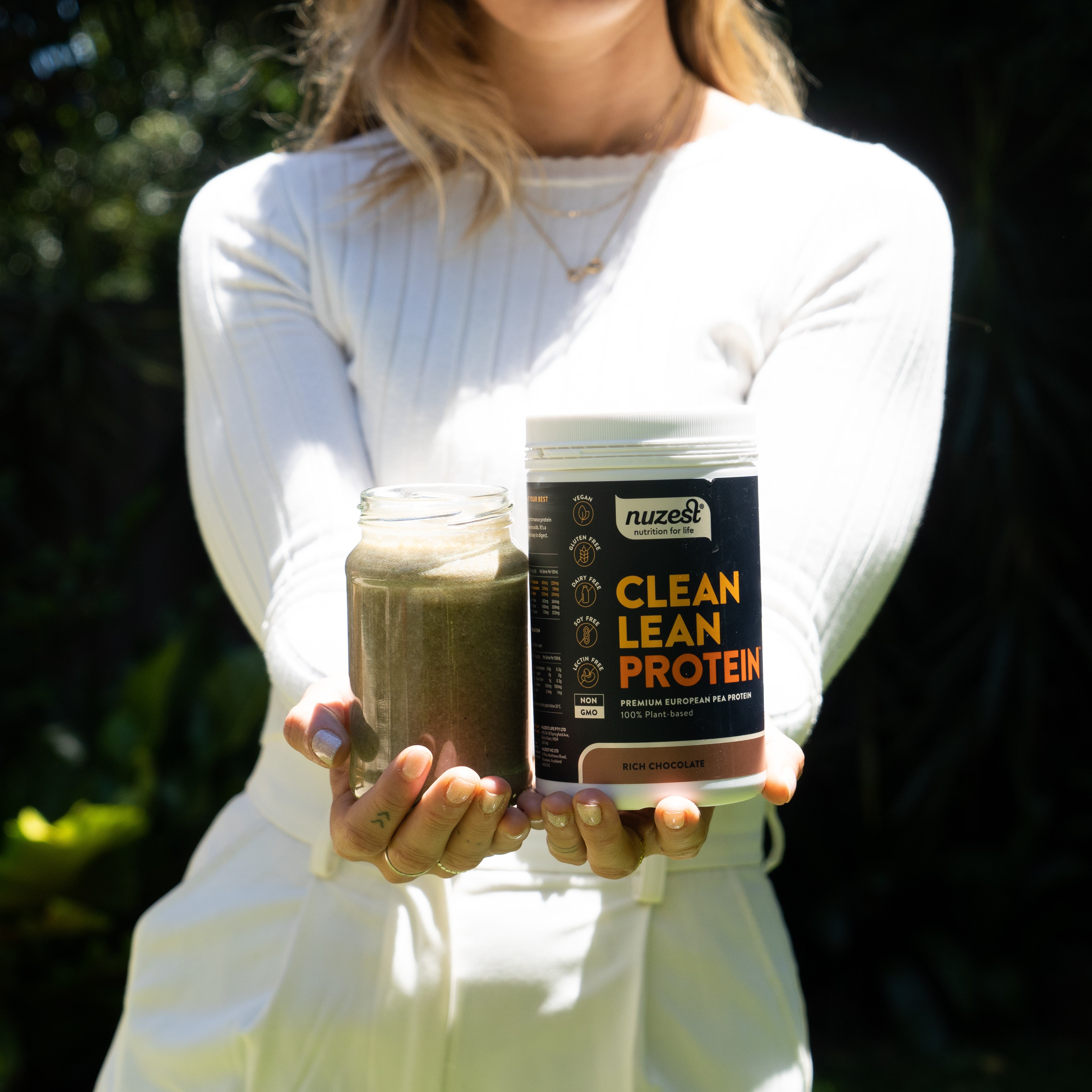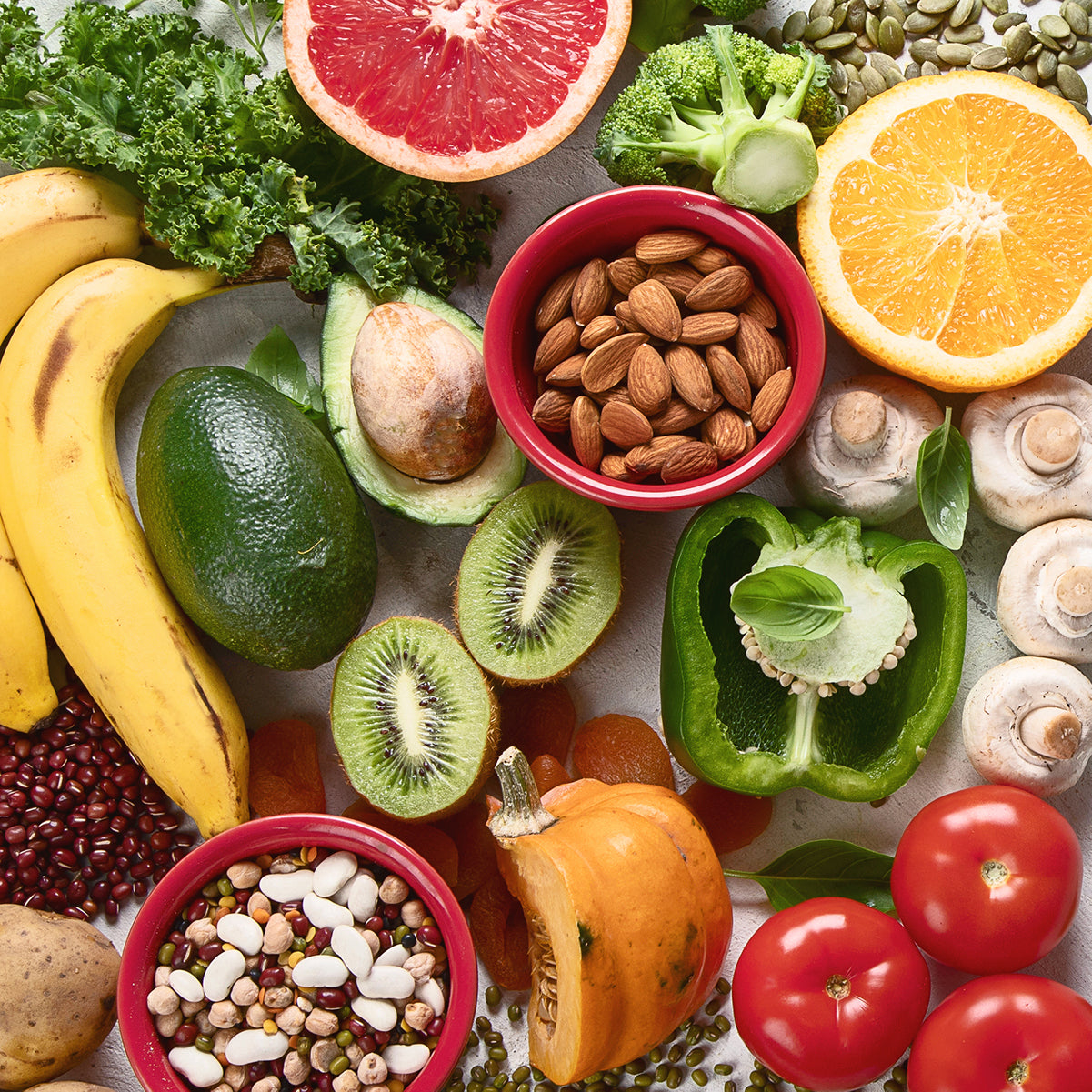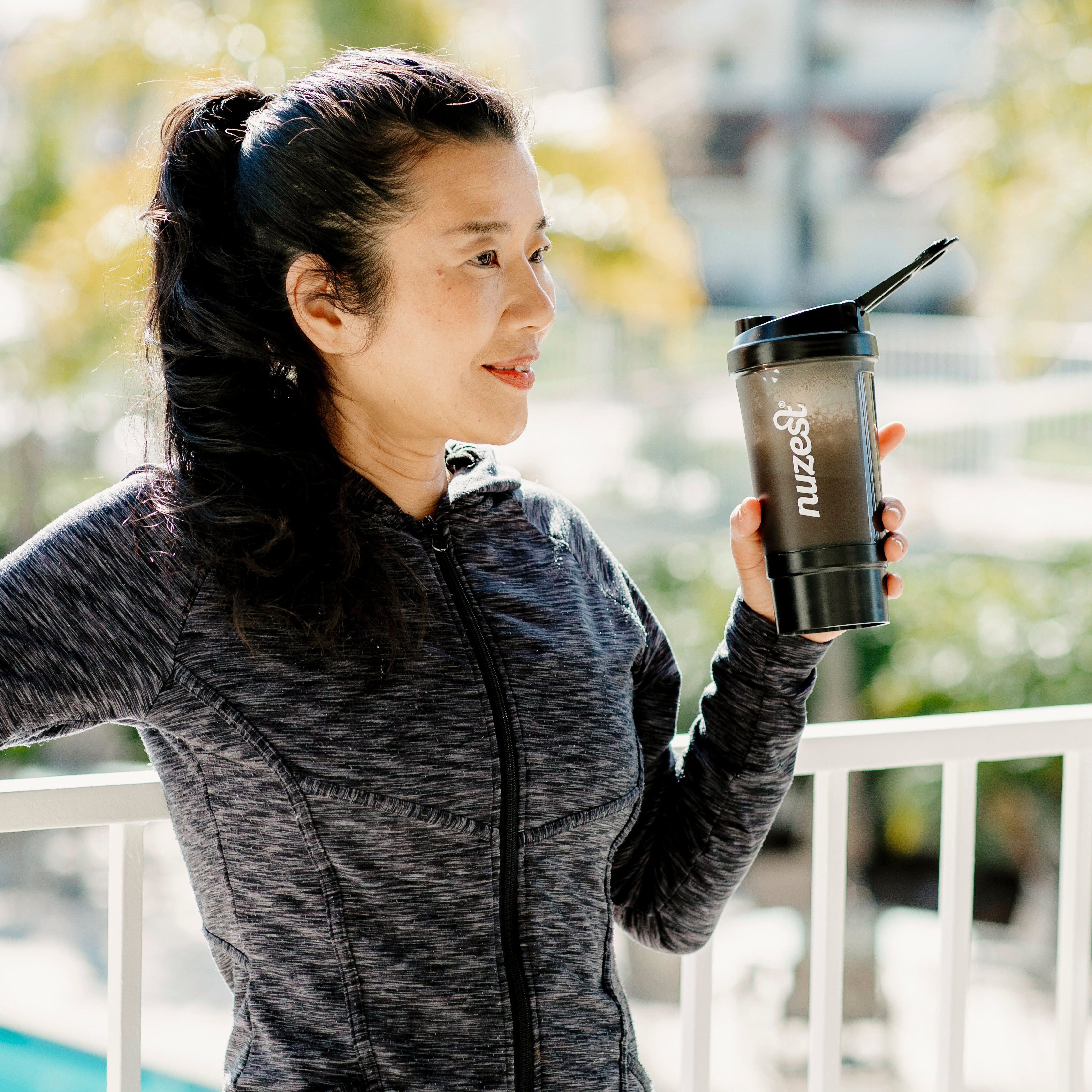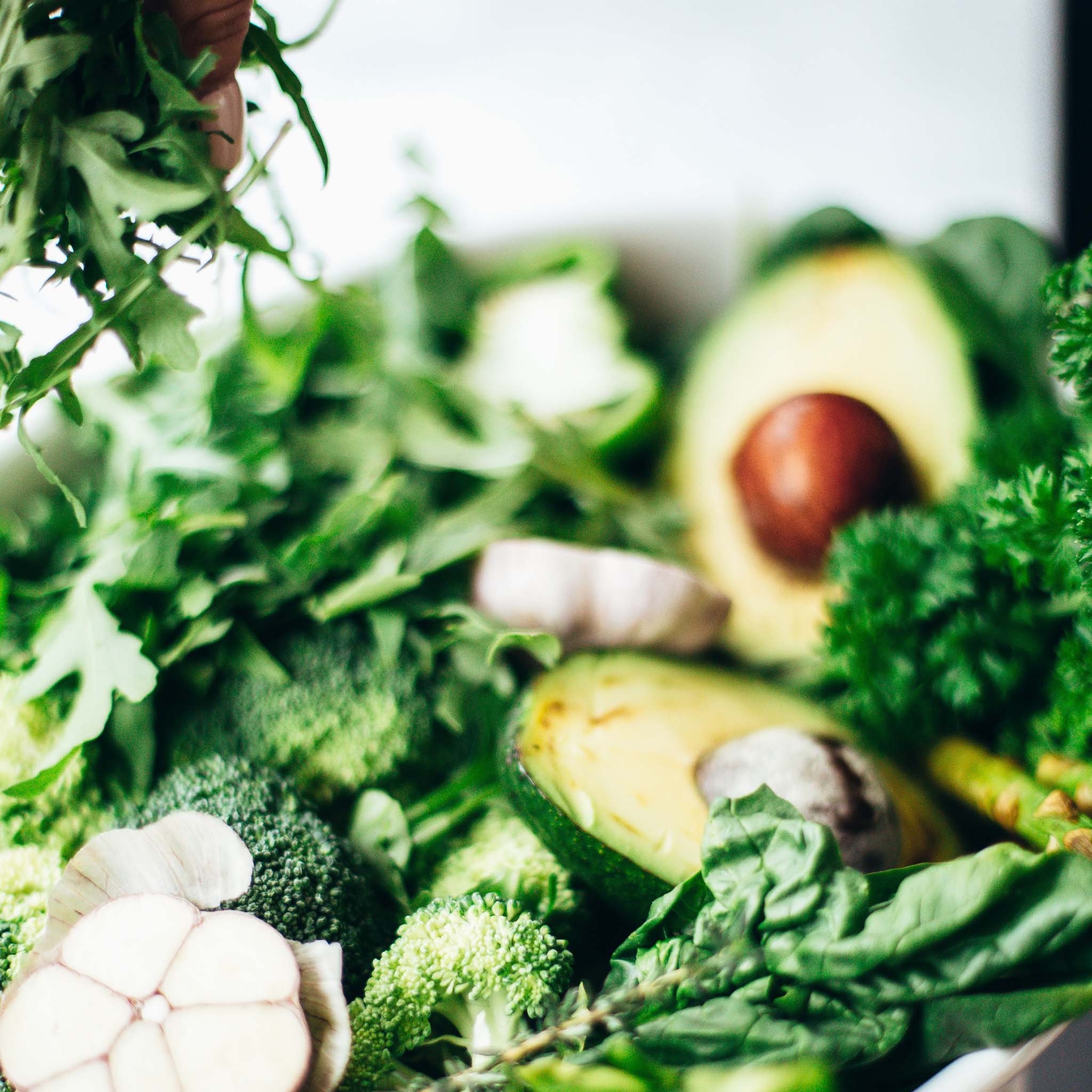Folate: you’ve probably heard of it. You probably know it’s a vitamin. But what is it, and why do you need it? What about folic acid? Are they the same or different? Read on to learn everything you need to know about folate and folic acid, and why the difference between them matters.
Also known as vitamin B-9, folate is an essential micronutrient found naturally in many foods. B vitamins help the body convert food into energy for fuel, and are important in the formation of red blood cells. Folate is also involved in the metabolism of several amino acids, and the methylated form of folate (the kind your body can use, and the type found in Good Green Stuff and Good Green Stuff Multivitamin Bars), plays a crucial role in maintaining the health of the nervous system.
Folate also helps the body build DNA, and to protect DNA from potentially harmful mutations, including those that may be cancerous. In fact, some studies associate folate-rich diets with lower risks of colon, breast, stomach, and cervical cancers. And when folate teams up with the other B vitamins (also found in Good Green Stuff and Good Green Stuff Multivitamin Bars), together they form a B-vitamin complex that helps support the health of liver, skin, hair, eyes, and heart. Talk about squad goals!
Folate vs. Folic Acid:
While they sound similar, folate and folic acid are actually not interchangeable. Folate is the reduced form of the vitamin, and the form found naturally in foods and in tissues in the human body. Folic acid is the vitamin’s oxidized form, which is fancy way of saying oxygen has been added to the molecule. This is the form found in most fortified foods and dietary supplements. To make use of it, the body must convert it to a useable methylated form in the liver. But not everyone can. About 40-60% of the population can’t successfully convert synthetic folic acid to the methylated form. To top it off, the unmethylated form of the vitamin may build up in the bloodstream, which can actually be harmful. Unlike most supplements, Nuzest Good Green Stuff and Good Green Stuff Multivitamin Bars contain the activated (L-methylated) form of folate (L-5MTHF), so the body does not have to convert it. L-5MTFH is highly bioavailable, meaning the body can make good use of it. If you find yourself getting more excited about L-methylated folate than you ever thought possible, we feel you. We’re excited about it too, which is why Nuzest is one of the few supplements that contains it over the cheaper folic acid form of the vitamin.
How much folate do I need?
The NHMRC Nutrient Reference Values set by the Australian government suggest healthy adults consume about 400 micrograms of folate or folic acid per day, but the amount varies based on age, lifestyle, and the bioavailability of the form of the vitamin being consumed (more on that below). Because it plays such a vital role in cell growth and division, it’s especially important to make sure you’re getting enough during periods of growth, including infancy, development, and pregnancy. And because humans cannot store large amounts of folate in the body the way it can with other vitamins (like fat-soluble vitamins - A,D,E & K), it’s important to get folate from the food you eat and/or supplementation on a regular basis.
Folate deficiency can lead to symptoms like diarrhea, poor growth, gingivitis, depression, anemia, headache, fatigue, difficulty concentrating, and confusion. But one of the most serious health complications of folate deficiency can occur when pregnant women don’t get enough. This is why you see high levels of folic acid in prenatal vitamins. Expecting mothers who do not consume enough folate risk delivering babies with neural tube defects (abnormal development of the neural tube), which can negatively impact the development of the brain, spinal cord, and quality of life for the infant.
Sources of folate in foods
Leafy greens like spinach and collard greens are naturally rich in folate. Asparagus, broccoli, Brussels sprouts, papaya, oranges, avocados, sunflower seeds, peanuts, flax, almonds, strawberries and raspberries also contain high levels of folate. Many legumes, including lentils, pinto beans, garbanzo beans, black beans, and Clean Lean Protein's star ingredient, peas, are natural sources of the vitamin, as well. Bread, flour, cornmeal, pasta, rice, and other grain products must now all be fortified with folate to reduce risks of neural tube defects.
How can I add more folate to my diet?
If you are concerned you’re not getting enough folate or that you might be having trouble metabolising it consider supplementing with the most bio-available form of folate - L-5MTHF. Adding a daily serve of Nuzest Good Green Stuff or Good Green Stuff Multivitamin Bars to a healthy, balanced diet will help ensure you are getting your daily requirements.
Written by Katherine Baker, edited by Nicola Miethke.


